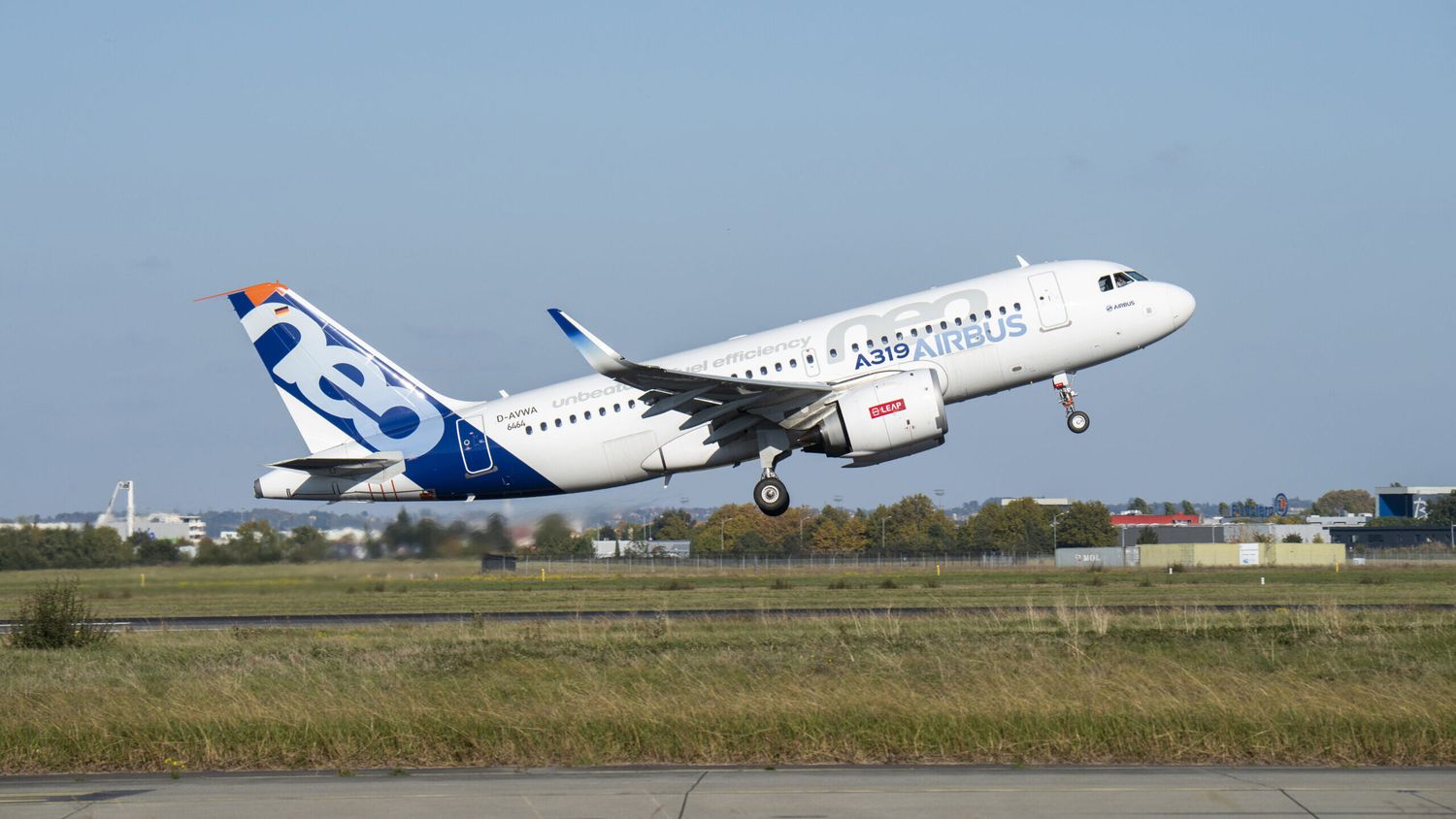Airbus is firmly committed to sustainable fuel
Sustainable Aviation Fuel, or SAF, is helping Airbus make a direct impact on carbon emissions from its operations. The manufacturer is working to reduce the environmental footprint of its activities in its quest to be an industry pioneer.
This includes efforts made in Airbus’ own operations and manufacturing facilities, a source of direct and indirect greenhouse gas emissions. Airbus has the ambition to reduce its industrial emissions by up to 63% by 2030 and is using sustainable aviation fuels as a catalyst toward this goal. According to the manufacturer, the progressive use of SAFs is an important factor in the company’s emissions reduction roadmap.
Sustainable aviation fuels must have the same qualities and characteristics as conventional aviation fuel in order to replace it. Regulators have now approved that conventional Jet A1 can be fully replaced or blended with SAF in any commercial aircraft. This means that SAF can be used as standard fuel without the need to modify the aircraft’s structure or systems.
This SAF is composed of a mixture of paraffin and modified feedstock (e.g. used cooking oil, sawdust, or solid waste, which is produced in a biorefinery) that is blended up to the maximum limit (between 10% and 50%). After blending, the fuel is certified and can be considered conventional Jet A1, without any operational restrictions.
Related content: An Airbus H225 completes the first flight of a helicopter fueled by 100% of SAF
Airbus is expanding the use of sustainable fuel at its facilities. This year, Mobile (USA), Finkenwerder (Germany), Bremen (Germany) and Broughton (UK), Toulouse (France), and Tianjin (China) have worked closely with local authorities and suppliers to enable and increase the availability and use of sustainable fuel for private jet aircraft. According to the manufacturer, both operations and logistics – and not only deliveries – are being carried out with SAF.
ATI (Airbus Transport International) has been operating its Beluga fleet with SAF since 2019. By the end of this decade, all Airbus manufacturing sites that rely on ATI’s logistics services could be supplied with SAF. Airbus production flights (part of the test procedures for series production aircraft) are also conducted with SAF.
Airbus also operates multiple employee flights connecting its main hubs in Europe and the UK. Recently, Airbus has been working with Volotea, the current charter service provider between Toulouse and Finkenwerder, to boost the use of SAF. Since the autumn of this year, the route has been operated with an Airbus aircraft using a 34% SAF mix.


Comentarios
Para comentar, debés estar registrado
Por favor, iniciá sesión